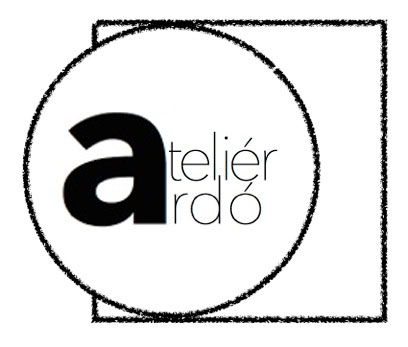Pertu*
Igyunk pertut! Let’s drink a pertu!
by Zsuzsanna Ardó
Hungarians sometimes exclaim Igyunk pertut! with gusto, often in the middle of a conversation. But pertu is not the kind of drink you can order at the bar.
In fact, strictly speaking, it is not a drink at all. Moreover, drinking may not even be involved.
Confused already? Welcome to Hungary!
Pertu is a ritual, a bonding experience, much like treaties signed in blood must once have been. It signals the sincere, or strategic, desire for friendship between people and formalises their decision to be more familiar with each other, in the first instance in language.
The pertu ritual can be quite fun. To start, it can entail swallowing your drink (preferably though not necessarily alcoholic) “bottoms up”. But in its full, authentic, traditional version, it requires the partners to lock arms while imbibing their respective drink. The celebration of informality, also an ingenious excuse for extended and intimate physical contact, culminates in smacking kisses on each other’s cheeks.
What lies beneath the whole pertu business are the subtleties of Hungarian thinking and the intricacies of its social hierarchy.
The offer of pertu, or the request for it, acts as a symbolic social leveler. While it explicitly sanctions informality, implicitly there is more at stake: the shared recognition of a degree of social equality. It may be only symbolic, but this collapse of interpersonal hierarchy can be tricky to sustain; couples may even oscillate between formal and informal language – the equivalent of the French tu and vous – in order to play with levels of intimacy in their relationship.
Pertu is thus a window into the Hungarian system of status markers in social relations. It may not look elaborate when compared with (say) Korean, Thai or Japanese; but among Europeans, we Hungarians have a rather sophisticated linguistic system for keeping or reducing psychological distance, imposing or refusing inequality or intimacy.
The most simple mode of address is Te, the familiar and informal second-person singular (tu), but it is complemented by two formal (vous) forms: the rather brusque-sounding Maga and the much more polite Ön. Their plural versions – Ti, Maguk and Önök – add a further layer of glorious complication.
The fact that informal, pertu terms and “first-name” terms (which are actually “last-name” in Hungary, where the surname precedes the given name) may not coincide makes Hungarian public life even more veiled. A colleague’s permission to call him Paul reduces some of the social disparity but does not necessarily lead to pertu. This mode of address is a necessary but not sufficient condition to be on pertu terms.
It is wise not to consider offering pertu to anyone if you are clearly younger, of lower status, or if you happen to be a woman. But if you are on the other side of these categories, you might vary Igyunk pertut! with Tegezõdjünk? (“Let’s be on pertu terms, shall we?”) or even the somewhat imperious Nyugodtan tegezz! (“Do call me te!”) If you fear a slight, or permission is not forthcoming, you might make the request cautiously explicit: Tegezõdhetnénk? (“Could we call each other te?”). Meanwhile, if you try to avoid making a decision about the social hierarchy and psychological distance in a conversation, the results can be hilarious – and in Hungarian the attempt is, ultimately, impossible.
Beware, however: if the pertu is not mutual, it is called csendõrpertu (“gendarme pertu”). The name implies seriously feudal social relations – as used to be the case when authoritarian figures (police, parents, teachers, clergy, employers) sprayed pertu around unilaterally.
But if work is a maze, personal relationships can be a minefield. The judgment of whose right and responsibility it is to initiate pertu conversations is a delicate one. Its labyrinths preoccupy and befuddle Hungarians themselves (and pose creative challenges to translators). Consider: at what stage is it appropriate for romantic protagonists to switch to tegezés (“saying te”) – before or after the first drink, the first kiss, or the first lovemaking? The language’s conjugation gives away the form of address, hence the degree of familiarity the speaker, or would-be lover, assumes. The Hungarian heart is branded on the tongue.
© Zsuzsanna Ardó
* First published by OpenDemocracy, 2004.
